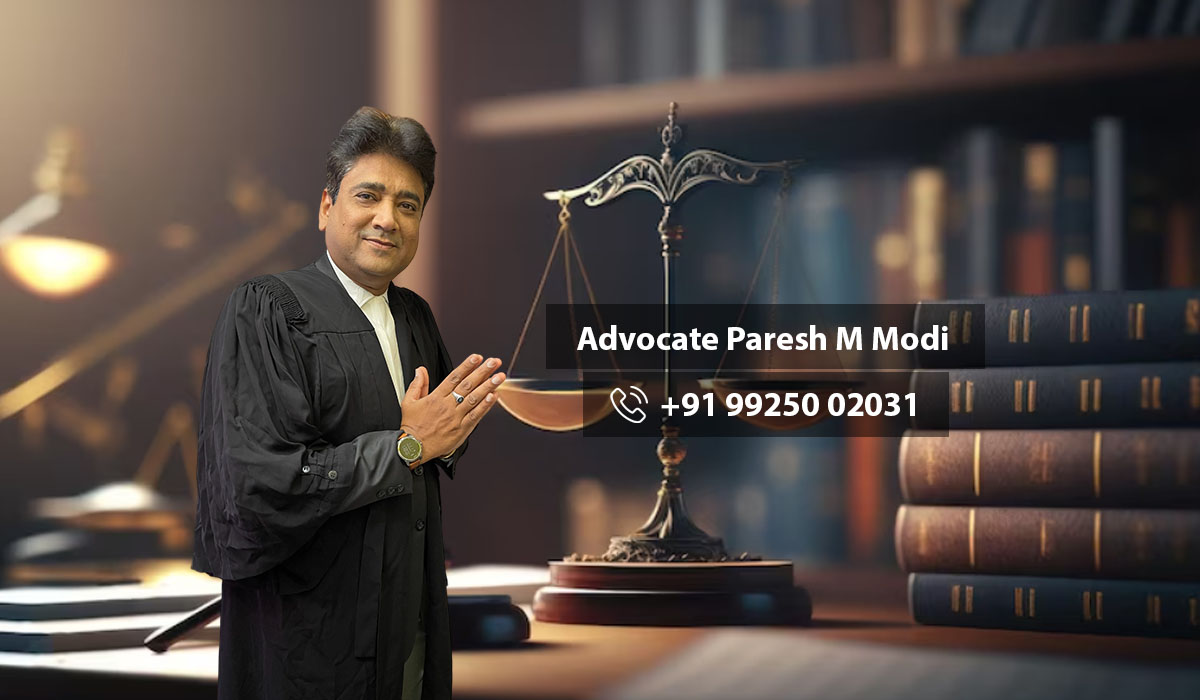Section-14. Facts showing existence of state of mind, or of body or bodily feeling. — Facts showing the existence of any state of mind, such as intention, knowledge, good faith, negligence, rashness, ill-will or good-will towards any particular person, or showing the existence of any state of body or bodily feeling, are relevant, when the existence of any such state of mind or body or bodily feeling, is in issue or relevant.
Explanation 1. — A fact relevant as showing the existence of a relevant state of mind must show that the state of mind exists, not generally, but in reference to the particular matter in question.
Explanation 2. — But where, upon the trial of a person accused of an offence, the previous commission by the accused of an offence is relevant within the meaning of this section, the previous conviction of such person shall also be a relevant fact.
धारा 14 – मन या शरीर की दशा शारीरीक संवेदना का अस्तित्व दर्शित करने वाले तथ्य – मन की कोई भी दशा जैसे आशय, ज्ञान, सद्भाव, उपेक्षा, उतावलापन, किसी विशिष्ट व्यक्ति के प्रति वैमनस्य या सदिच्छा दर्शित करने वाले अथवा शरीर की या शारीरिक संवेदना की किसी दशा का अस्तित्व दर्शित करने वाले तथ्य तब सुसंगत हैं, जबकि ऐसा मन की या शरीर की या शारीरिक संवेदन की किसी ऐसी दशा का अस्तित्व विवाद्य या सुसंगत है।
स्पष्टीकरण 1 – जो तथ्य इस नाते सुसंगत है िकवह मन की सुसंगत दशा के अस्तित्व को दर्शित करता है, उससे यह दर्शित होना ही चाहिए कि मन की वह दशा साधारणतः नहीं, अपितु प्रश्नगत विशिष्ट विषय के बारे में, अस्तित्व में है।
स्पष्टीकरण 2 – किन्तु जब किसी अपराध के अभियुक्त व्यक्ति के विचार में इस धारा के अर्थ के अन्तर्गत उस अभियुक्त द्वारा किसी अपराध का कभी पहले किया जाता सुसंगत हो, तब व्यक्ति की पूर्व-दोषसिद्धि भी सुसंगत तथ्य होगी।
Advocate Paresh M Modi is a highly regarded advocate based in Ahmedabad, known for his expertise in criminal law. As a distinguished lawyer at the Gujarat High Court, he specializes in a wide range of legal matters, making him a sought-after professional in various areas of law. Some of his notable specializations include handling cases related to cheque bounce, property disputes, cybercrime, court marriages, divorces, debt recovery tribunals (DRT), FIR quashing, land revenue disputes, anticipatory bail, PASA (Prevention of Anti-Social Activities Act), family law, civil law, and more. Advocate Paresh M Modi is a highly skilled lawyer practicing at the Gujarat High Court Lawyer in Ahmedabad. With his extensive experience and expertise, He has established himself as a renowned advocate in the region. Stay connected with him on social media for updates:
Facebook | Twitter | LinkedIn | Instagram | YouTube
Follow Advocate Paresh M Modi, the esteemed lawyer, for valuable insights, legal analysis, and engaging discussions. Stay informed about the law and legal developments through his informative content. In the meantime, check out other Information from Home Page, or call us at Landline No: +91-79-48001468 or Phone & WhatsApp No: +91 99250 02031.





